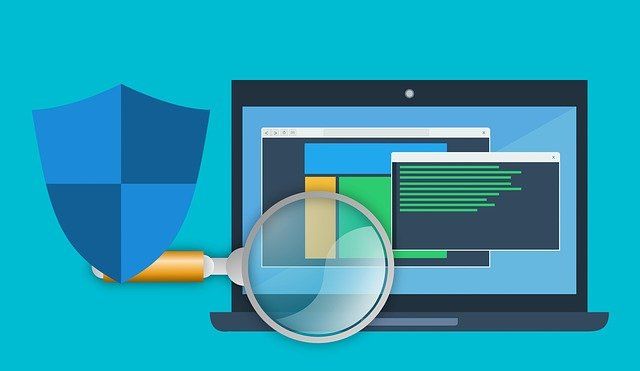Recent Cyber Security Breaches: Schreiber Foods, Centara Hotels & Resorts & More

As a managed IT service provider it is important to us to make sure to stay in know about the latest cyber security breaches. Every few weeks we like to share our findings with you here on our blog. Please take a peek below to learn more about some of the most recent cyber security attacks here and around the world.
Schreiber Foods (United States)
Dairy Processor
The Hack: Ransomware
Quick Summary: “Wisconsin-based dairy powerhouse Schreiber Foods said its plants and distribution centers are back up and running after a ransomware attack ground operations to a halt over the weekend. The company announced that a “cyber event” had disrupted operations at its processing and distribution centers after critical systems were knocked or taken offline. Schreiber uses a variety of digital systems and computers to manage milk processing, so this event impacted the entire dairy supply chain in the US. This is the latest incident in a string of massive production-impacting cyberattacks against agricultural sector targets. The company is the largest milk processor in Wisconsin, and it has reportedly been hit with a $2.5 million ransom demand.” -ID Agent
Graff (United Kingdom)
Jeweler
The Hack: Ransomware
Quick Summary: “The Conti ransomware gang made headlines again with a successful ransomware attack against high-society jeweler Graff. The company counts clients like Donald Trump, David Beckham, Oprah Winfrey and other major-league clientele. Graff operates at the top end of the diamond jewelry market, with more than 60 retail stores worldwide. Reports say that the Conti group has already posted 69,000 confidential documents on its dark web leak site including client lists, contact data and other proprietary information. Ransom demands are reported to be in the millions of pounds.” -ID Agent
Read More Here >> Massive cyber heist rocks high society jeweller Graff
Sinclair Broadcast Group (United States)
Television Station Operator
The Hack: Ransomware
Quick Summary: “Sinclair Broadcast Group, the operator of 184 tv stations in 86 US markets, experienced a cyberattack last week that knocked broadcasts offline. The disruption was extensive, knocking local news broadcasts and syndicated programs offline. In some markets, NFL Sunday broadcasts were also disrupted. An unspecified amount of data was also stolen from the company’s network.” -ID Agent
Centara Hotels & Resorts (Thailand)
Hotel Chain
The Hack: Ransomware
Quick Summary: “The Desorden ransomware group claims to have stolen over 400GB of files and databases containing information belonging to millions of hotel guests of Thailand’s Centara Hotels & Resorts. The hotel chain is part of Central Group, a conglomerate that also includes the Central Restaurants Group, which it hacked earlier this month. The hackers made it clear that this attack was in retaliation for the Central Group’s refusal to pay the ransom for the first attack after negotiating and promising payment. That incident would have provided a ransom payment of $900,000 before Central Group backed out of the deal on Tuesday, spurring the second attack.” -ID Agent
Read More Here >> Luxury hotel chain in Thailand reports data breach
Ferrara Candy Company (United States)
Candy Manufacturer
The Hack: Ransomware
Quick Summary: “Boo! Greedy cybercriminals unleashed their tricks on Ferrara Candy Company just one week away from Halloween. The company, maker of Brach’s Candy Corn, Nerds and Trolli gummies among other treats, has been in the confectionary business since 1901. Ferrara said that the attack briefly disrupted production operations. However, they were quick to assure anxious consumers that they didn’t need to worry about missing their Halloween favorites – Halloween orders were shipped to stores in August.” -ID Agent
Read More Here >> Candy production impacted by ransomware attack
Tesco (United Kingdom)
Supermarket Chain
The Hack: Hacking
Quick Summary: “Ubiquitous UK supermarket chain Tesco left customers scrambling after a cyberattack disrupted its web services over the weekend. The company said that unnamed cyberattacks began impacting its systems on Friday night. Beginning Saturday and rolling into Sunday intermittently, shoppers were unable to place orders or track deliveries. The incident also impacted the Tesco app.” -ID Agent
Read More Here >> Tesco website and app back up after hack attempt
To learn more about how to keep your company safe and secure from cyber security attacks, click here to explore our San Diego IT Services & IT Security plans that are offered by SDTEK.
The post Recent Cyber Security Breaches: Schreiber Foods, Centara Hotels & Resorts & More appeared first on SDTEK | San Diego, CA.


